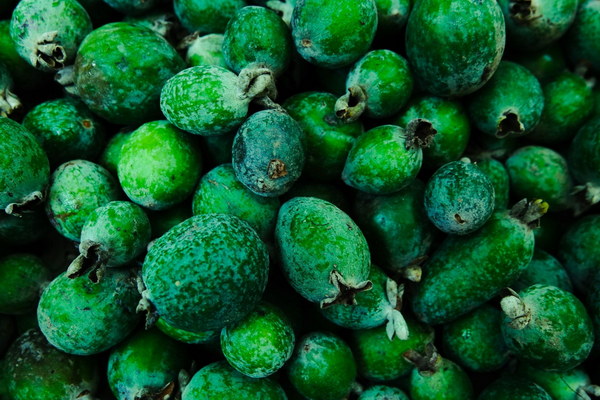Carrot Supplements A Nutritional Ally in Managing Atrial Fibrillation
Atrial fibrillation (AFib) is a common heart condition characterized by irregular and often rapid heartbeats. It can lead to serious complications such as stroke, heart failure, and other cardiovascular issues. While medication and lifestyle changes are crucial in managing AFib, recent studies have highlighted the potential benefits of incorporating certain foods and supplements into one's diet. One such nutrient that has been drawing attention is carrot, which is known for its rich nutritional profile. This article will explore the potential benefits of carrot supplements in managing atrial fibrillation.
Carrots are rich in beta-carotene, a powerful antioxidant that has been shown to have numerous health benefits, including protecting against heart disease. Beta-carotene is converted into vitamin A in the body, which plays a crucial role in maintaining healthy vision, immune function, and cell growth. Additionally, carrots contain other essential nutrients like fiber, potassium, and vitamin K, all of which contribute to overall heart health.
One of the primary benefits of carrot supplements for individuals with atrial fibrillation is their potential to improve heart health. A study published in the Journal of the American Heart Association found that individuals who consumed high levels of beta-carotene had a lower risk of developing atrial fibrillation. This is likely due to the antioxidant properties of beta-carotene, which help protect the heart from oxidative stress and inflammation.

Furthermore, carrots are rich in potassium, an essential mineral that plays a vital role in maintaining normal heart rhythm. Adequate potassium intake has been shown to help prevent arrhythmias, including atrial fibrillation. In fact, a study published in the European Journal of Preventive Cardiology found that higher potassium intake was associated with a lower risk of atrial fibrillation.
Another potential benefit of carrot supplements for AFib patients is their ability to improve blood pressure. Hypertension is a common risk factor for atrial fibrillation, and maintaining normal blood pressure is crucial in managing the condition. Carrots contain compounds that can help relax blood vessels, thereby lowering blood pressure. This is particularly important for individuals with atrial fibrillation, as high blood pressure can exacerbate the condition.
Moreover, carrots are a good source of fiber, which has been shown to improve heart health by reducing cholesterol levels, lowering blood pressure, and reducing the risk of heart disease. A diet high in fiber can also help regulate blood sugar levels, which is beneficial for individuals with atrial fibrillation, as uncontrolled blood sugar levels can worsen the condition.
While carrot supplements may offer potential benefits in managing atrial fibrillation, it is essential to consult with a healthcare professional before starting any new supplement regimen. Additionally, it is important to note that carrot supplements should not replace prescribed medication or lifestyle changes.
In conclusion, carrot supplements may be a valuable addition to the arsenal of treatments for atrial fibrillation. With their rich nutritional profile, carrots can contribute to overall heart health, improve blood pressure, and potentially reduce the risk of atrial fibrillation. However, it is crucial to work with a healthcare professional to ensure that any new supplement regimen is safe and appropriate for the individual's specific health needs. Incorporating carrot supplements into a well-rounded diet may provide AFib patients with additional support in managing their condition and improving their quality of life.









